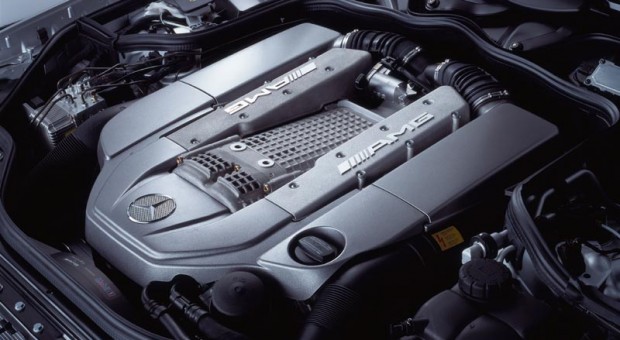
Owning a car is a rewarding experience, but like any complex machinery, cars can sometimes encounter issues.
To help you better understand your vehicle and potentially troubleshoot problems, we’ll delve into common car parts that can give you problems. By recognizing the signs and symptoms, you can stay ahead of potential issues and ensure your car runs smoothly.
**1. Battery: A weak or dead battery can leave you stranded. Signs of a failing battery include slow engine cranking, dim headlights, and warning lights on the dashboard. Regular maintenance and checking for corrosion on the terminals can extend the battery’s life.
**2. Tires: Worn or underinflated tires can lead to poor handling, reduced fuel efficiency, and even blowouts. Regularly check tire pressure, tread depth, and alignment. Replace tires that show signs of damage or excessive wear.
**3. Brake Pads and Rotors: Brake issues can compromise safety. Squeaking or grinding noises when you apply the brakes, a soft pedal, or uneven braking can indicate worn brake pads or damaged rotors. Regular brake maintenance is crucial.
**4. Engine Oil: Low or dirty engine oil can result in engine damage. Regular oil changes and monitoring oil levels are essential to keep your engine running smoothly.
**5. Transmission: Transmission problems may manifest as difficulty shifting gears, slipping, or leaking fluid. Regular transmission fluid checks and proper maintenance can help prevent issues.
**6. Spark Plugs: Worn or fouled spark plugs can lead to poor fuel efficiency and engine misfires. Replace spark plugs as recommended in your car’s maintenance schedule.
**7. Air Filter: A clogged air filter can reduce engine performance and fuel efficiency. Check and replace the air filter as needed to maintain optimal engine operation.
**8. Suspension Components: Worn shocks, struts, or other suspension components can lead to poor ride quality and handling. Regular inspections can identify issues before they become major problems.
**9. Exhaust System: Leaks or damage to the exhaust system can result in poor fuel efficiency and increased emissions. Regularly check for unusual noises, and have the exhaust system inspected as needed.
**10. Coolant System: A leaking or overheating coolant system can cause engine damage. Check for coolant leaks and ensure the cooling system is properly maintained.
**11. Alternator: A failing alternator can lead to a dead battery and electrical issues. Signs of alternator problems include dimming lights and warning indicators. Regular checks can help prevent unexpected failures.
**12. Serpentine Belt: The serpentine belt powers various engine components. Cracks, fraying, or squeaking sounds can indicate belt issues. Replace it if you notice signs of wear.
**13. Starter Motor: A faulty starter motor can prevent your car from starting. A clicking sound when you turn the key may be a sign of starter motor trouble. Regular maintenance can prevent unexpected starting issues.
**14. Catalytic Converter: Issues with the catalytic converter can result in poor emissions and reduced engine performance. Regular emissions system checks can help detect problems early.
**15. Electrical System: Electrical problems can manifest as dead batteries, malfunctioning lights, and issues with power accessories. Regular checks can ensure the electrical system’s reliability.
By familiarizing yourself with these common car parts and their potential issues, you can take a proactive approach to vehicle maintenance. Regular inspections, adherence to maintenance schedules, and prompt attention to warning signs can help you address problems before they become major headaches, ensuring your car continues to serve you well.
















